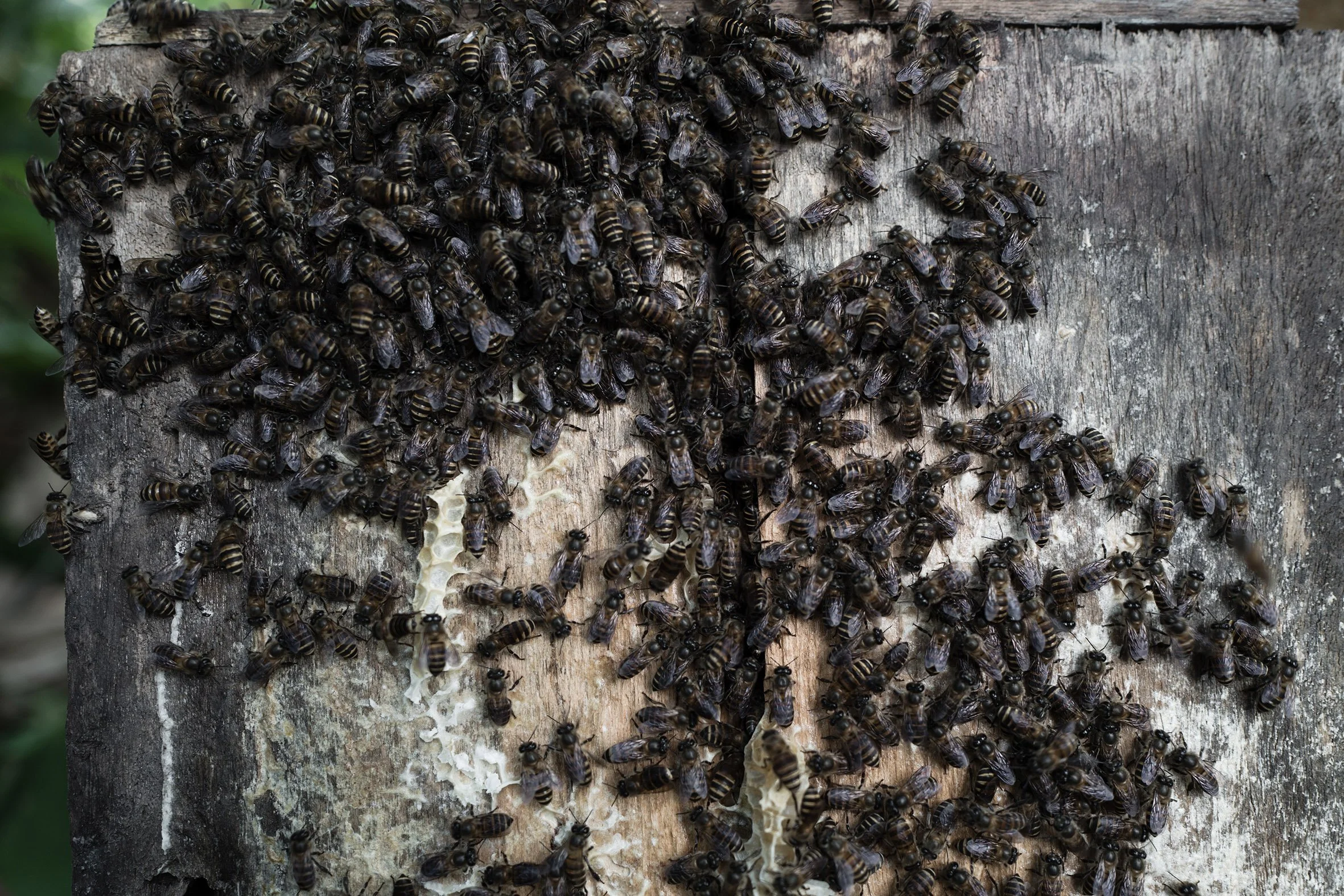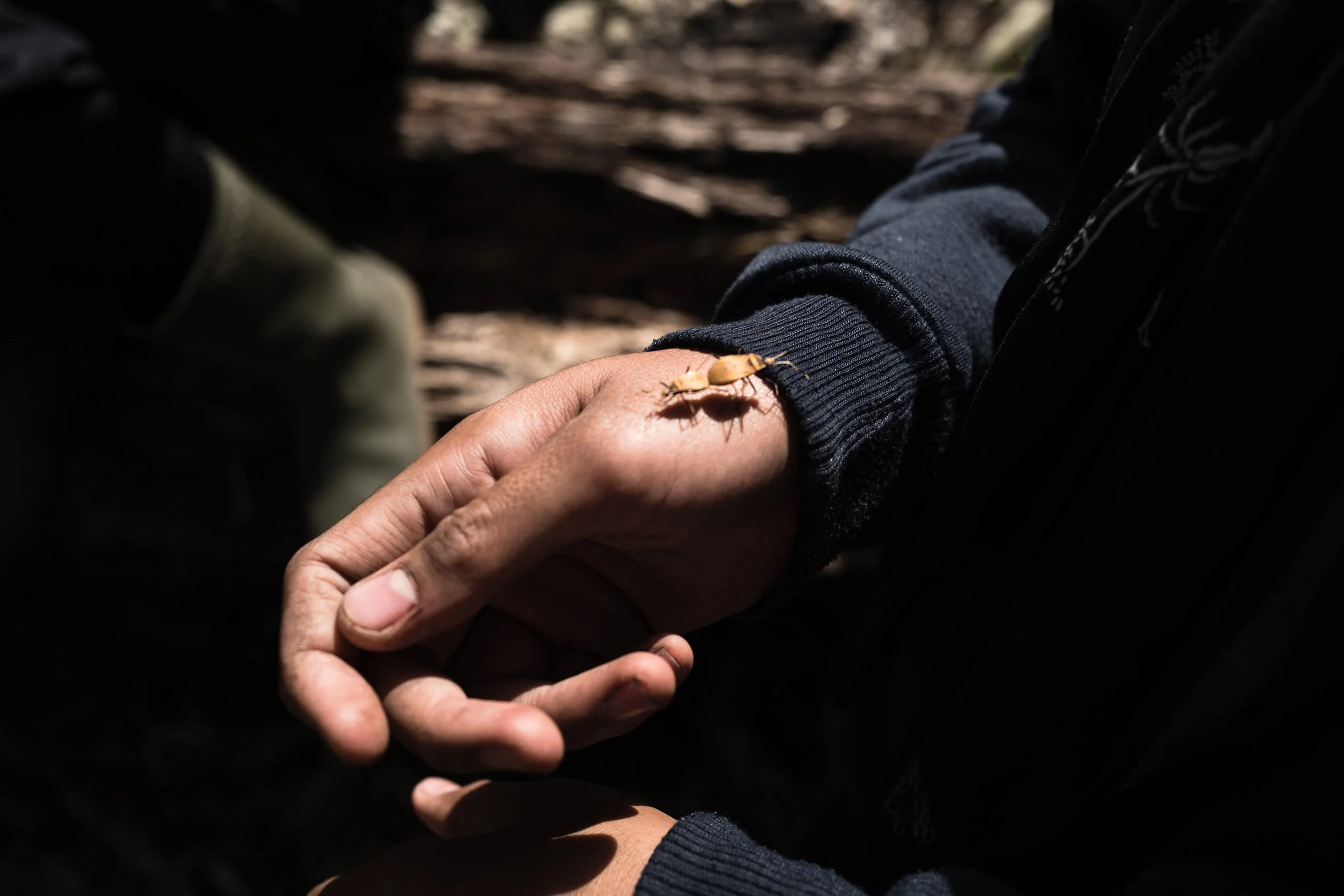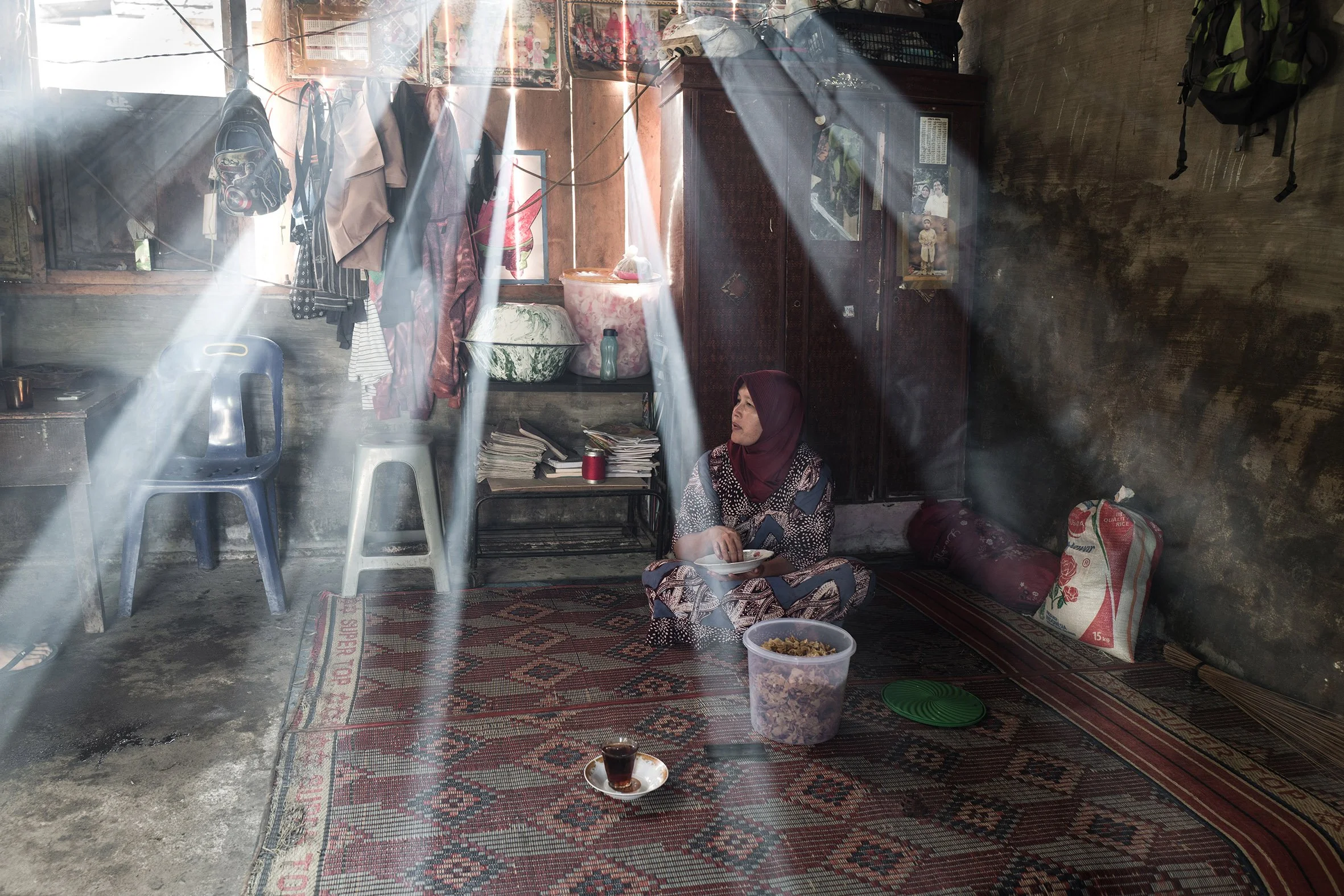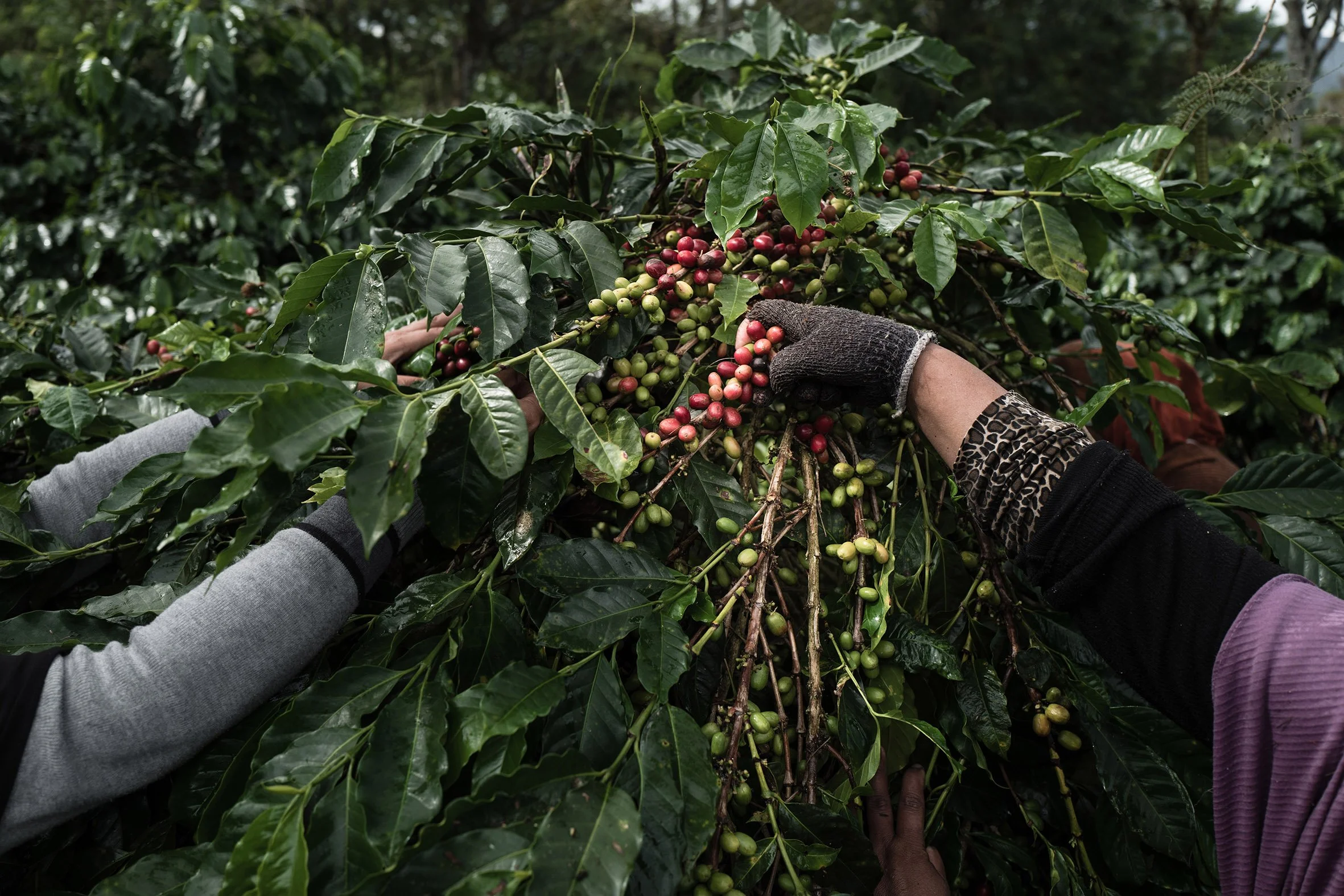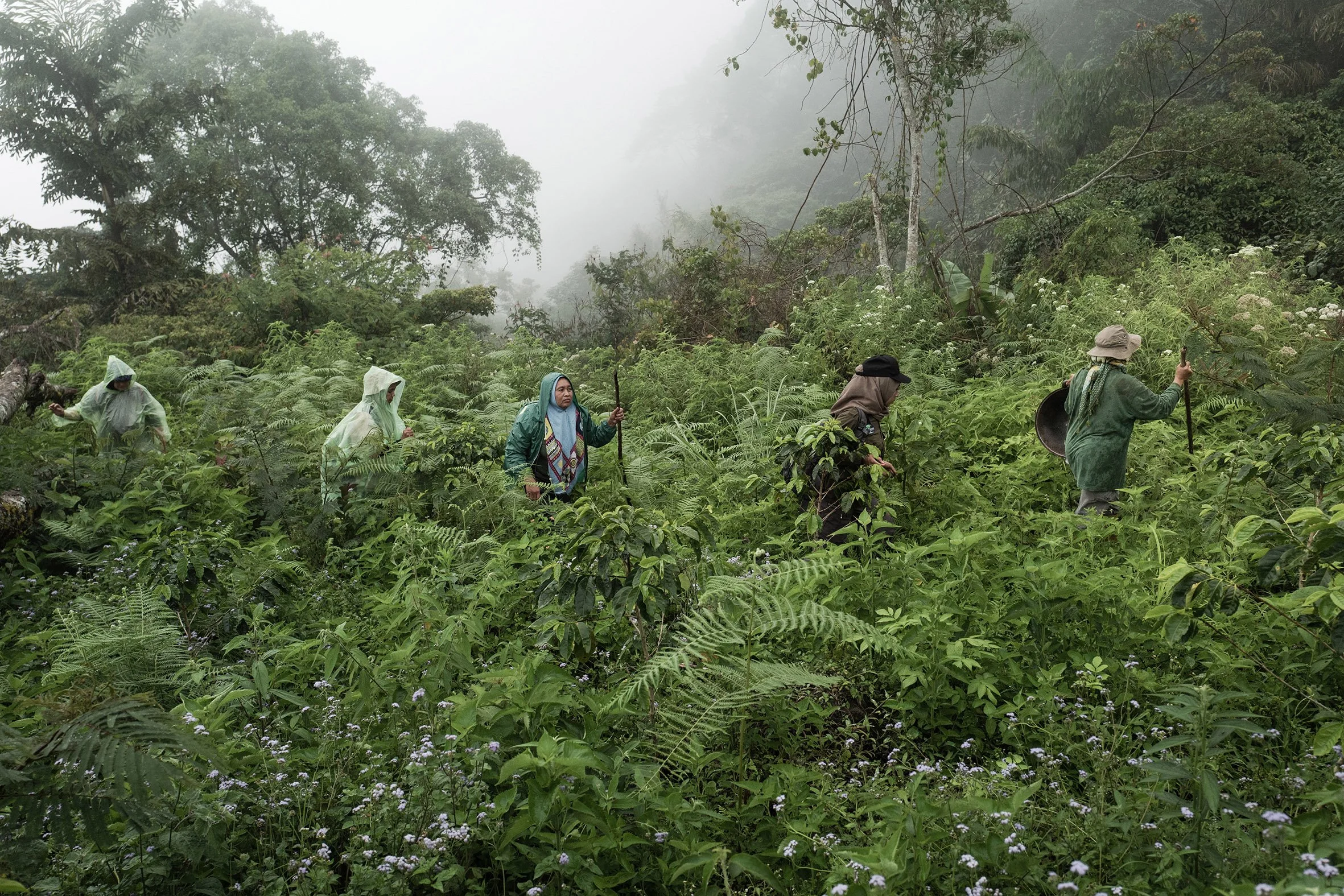Mpu Uteun : The Forest Guardian
Under Sumini's leadership, a group of woman-lead rangers go by the name Mpu Uteun, which translates to "the one who owns the forest" in Gayo language. The majority of Mpu Uteun members are women, even though rangers are typically thought of as men's jobs, they are a husband-and-wife team who are also Gayo coffee farmers.
Every month, they conduct their own patrols in 251-hectare Damaran Baru protected forest, which serves as a buffer zone within the Leuser Ecosystem Area in Aceh, Indonesia. Primarily, the objective is to conserve forests by putting an end of illegal logging and wild animal hunting, planting tree seedlings, collecting data on biodiversity, reducing the risk of fires, landslides, and flash floods.
"As women, we have a gentle approach when dealing with illegal loggers and negotiate well," Sumini stated. “Men are likely to fight with one another if they come across illegal loggers. Nevertheless, when it comes to route guiding in rugged forest terrain, men play a crucial role as well. After all, we wives carry on our husbands' pioneering work in conservation."
The concept of ecofeminism, which emphasizes the relationship between women and the natural world while confronting patriarchy that is closely related to capitalism, simply summarizes Mpu Uteun movements. Furthermore, the province of Aceh, where they are conducting their conservation efforts, follows sharia law. If women are at the forefront of a movement that promotes gender equality, challenges will inevitably arise.
At the end, Mpu Uteun serves as a reminder that women are more involved in society worldwide since they are the ones who are likely to suffer the most from the climate crisis as a consequence of movements that exploit and damage the environment.
Supported by National Geographic Society








